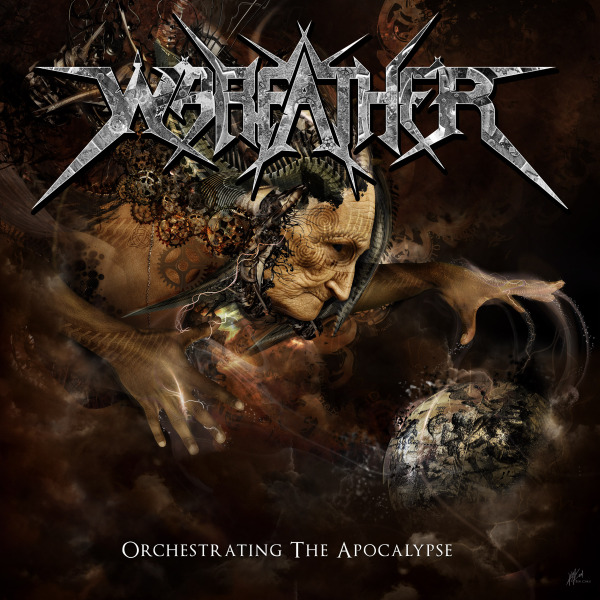
We can look at objects as their surface traits, or attributes they have in different categories at different times, or look at them as shapes (or even forms) which manifest themselves in those attributes. When this logic is applied to genres, we quickly see how complex the term “death metal” can be.
If you ask your average journalist about death metal, s/he will start listing off descriptors, like heavy distortion, guttural vocals, intense riffs, blasphemic and occult topics. The implication will be made that all of these things together make death metal and yet, four average musicians could bash out an album of Dolly Parton covers using those attributes in an afternoon and it would be no more like death metal than the original.
What holds death metal together is its internal language where riffs correspond to structure. The process of assembly, called “riff-gluing” by Bob Bacchus of Soulburn/Asphyx, means knitting those riffs into a narrative where they both comment on one another and lead to a series of mood or atmosphere changes in the whole which suggest some kind of event, realization, journey or gesture. With this approach, the death metal style of riffing is inevitably invented, as is the need to have vocals take a background role and guitars to lead and dominate over drums, bass and vocals. Even if death metal had zero influences before it, if people set out to reinvent it based on that idea alone they would end up with something a lot like underground death metal.
Warfather combines the charging high-speed riffs of Angelcorpse, the abrupt transitions and chanted choruses of Hate Eternal, and the love of sweeps and odd melodic twists of post-metal and metalcore. In doing so, it loses sight of what makes death metal a whole, and instead takes the pieces it finds most convenient and makes out of them something else. Because this something else lacks a centrality, it must choose between being so chaotic it becomes boring or so repetitive that it becomes boring. Warfather choose the latter and pound out catchy choruses and verses with strident rage guiding the vocals, but have nothing to unite them while seeking to break them up with flourishes to disguise the lack of development. Songs do not ramble, but charge in different directions and then resume back at the starting point before fading away. While there are some good riffs on here they are lost in a void of context. The end result is organized disorganization where all the pieces fit together and mean nothing.
On paper, Orchestrating the Apocalypse seems like it would offer everything a journalist uses to describe death metal: the riffs, the vocals, the loudness and perhaps even the blasphemy. As a listening experience it misses the intensity of death metal by a mile through focusing on these surface traits and missing the motivation to put them in a meaningful order that made death metal so terrifying, mindblowing and vertiginously exciting. All that remains is to finish this review and move on.
http://www.youtube.com/watch?v=7-AvSmyVSR8
17 CommentsTags: metalcore, warfather




